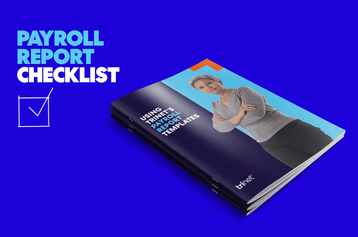
Your inside sales employee is likely non-exempt, although it's possible they could be classified as exempt if they meet the federal and state-specific criteria.
Determining Exempt vs. Non-Exempt
Whether an employee is exempt or non-exempt, according to the Federal Labor Standards Act (FSLA), is determined by three things:
- the type of work the employee does
- their specific duties
- their compensation
Check out more information on exempt vs. non-exempt employees.
Inside Sales
Inside sales employees are generally classified as non-exempt. However, they're considered exempt if they satisfy all three of the following:
- The employee works at a retail establishment (which means 75% of the establishment's gross annual revenues must be sales to an end user, as opposed to wholesale).
- They regularly get more than half of their compensation from commissions.
- They receive at least 1.5 times minimum wage for all hours worked (this is a partial exemption which only impacts the requirement that exempt employees don't receive overtime compensation).
State Laws
Be sure to check with your state's laws because they can sometimes be more rigorous than federal laws. For instance, in California, generally, exempt employees must earn a minimum monthly salary of no less than two times the state minimum wage for full-time employees.
Final Tip
Each exempt or non-exempt status should be checked on a case by case basis.
Helpful Links:
Exempt vs. Non-Exempt Checklist - hrspecialist.com
This communication is for informational purposes only; it is not legal, tax or accounting advice; and is not an offer to sell, buy or procure insurance.
This post may contain hyperlinks to websites operated by parties other than TriNet. Such hyperlinks are provided for reference only. TriNet does not control such web sites and is not responsible for their content. Inclusion of such hyperlinks on TriNet.com does not necessarily imply any endorsement of the material on such websites or association with their operators.






